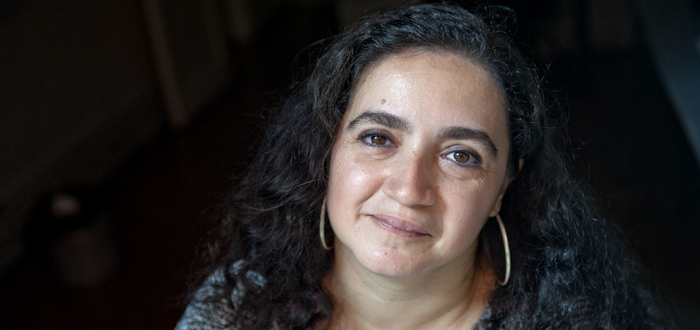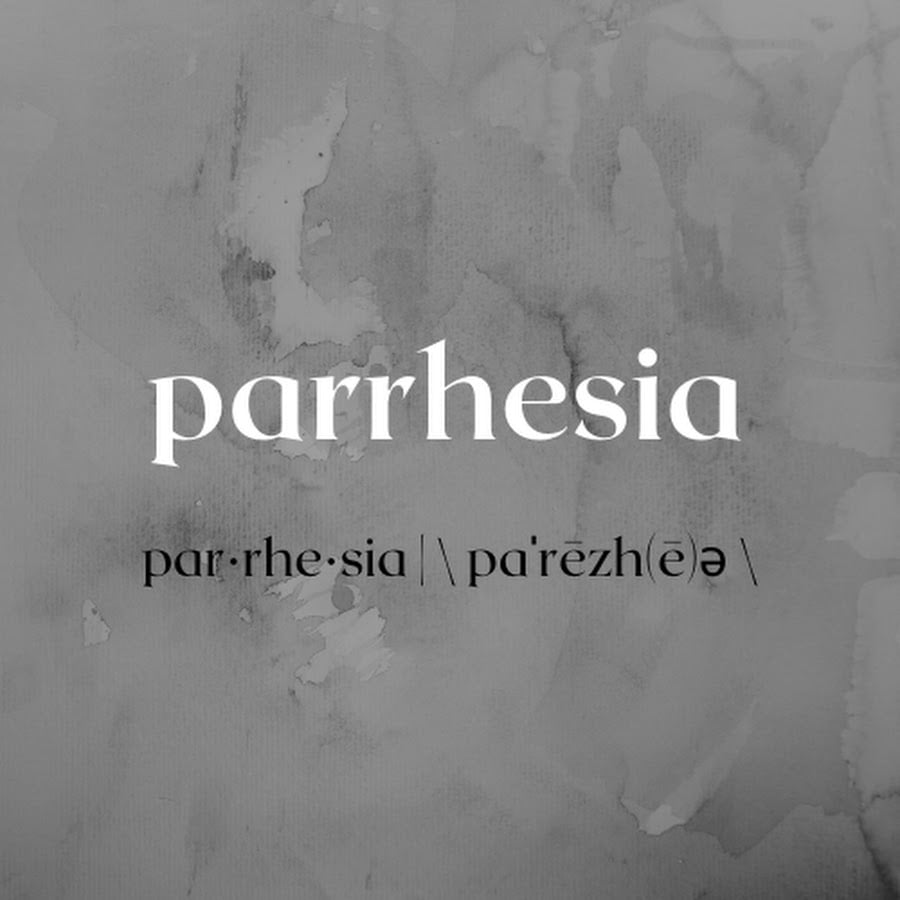On the way to becoming women who write


"The book I read was too heavy/ for my age. That's what they said later / I had a headache, but I did not have the words / One obviously lives with definitions / Unless you know the headache, you can't describe what it is/ even to yourself / I had both hands on my head / Someone asked if I had a headache / I held on to that word, yes I did / My head started hurting when I found the word”.
In her book of collective poems titled Kenar Süsü (Edge Ornament), published by Aras Publishing last May, Karin Karakaşlı, talks about the delicate relationship between the word and experience in the first stanza of her poem titled "Holy Trinity-I. Literature". At the end of the second stanza of the same poem, Karakaşlı says: "The void took shape as the pen moved". As members of the Parrhesia collective, our writing process evolves into a series of words that start with a thought or experience and take shape step by step. While there are so many obstacles and worries that prevent us from writing, being able to write by supporting each other from within a collective takes us out of being silent in the void. Our experiences and observations start to find meaning after the conversations we have among ourselves. At the point where we say "Who will read this?", an astute observation that seems insignificant takes form in writing.
Winner of the 2022 Nobel Prize in Literature, Annie Ernaux's books have been on my bedside table for some time. Born in 1940 in the Normandy region of France, Ernaux was awarded this prize "for her courage and clinical acuity in revealing the roots of personal memory, alienation and collective constraints". The author, who started writing at the age of 23, had to wait for 60 years and reach the age of 82 to receive this award. In an interview with Ernaux, she states that she is not a woman who writes, but someone who writes, but someone who has a woman's story, different from that of a man. With marvellous authenticity and courage, she meticulously extracts her personal experiences from her memory and carries them from the personal sphere to the public sphere. In Happening, one of her books that affected me the most, the author describes her near-death experience in order to terminate her pregnancy in 1963 in France, where abortion was illegal. The book was finally published in 2000. Belatedness must be a destiny of women's stories. The author had to carry the weight of her decision, the indifference and know-it-all behavior of male doctors inside her for 37 years. Her book Cleaned Out, written when she was still a university student, is a fictionalized version of her personal experience. The book was rejected by many publishing houses at first because it was found to be too ambitious and was finally published in 1974. How many years does a woman have to wait before she can write about an experience that was hurtful to her body and soul?
Since we started writing for Agos, we, as the members of Parrhesia collective, have had the opportunity to get to know each other through our writings. We do not produce literary works like Karakaşlı or Ernaux, but we feel very lucky to have access to the works of such inspiring women who write in our time. We try to convey some of our observations and daily life experiences from inside or outside the Armenian community from a woman's perspective. The following question is always with us: What are the possibilities for an Armenian woman born and raised in the diaspora to express herself without censoring herself? We often try to write without knowing what and how we censor, and we try hard to imagine the reader's reaction ten steps in advance, which results in revising an essay many times.
Since our writings are published in Turkish, Armenian and English, we often have to think about how they will be perceived by Armenians living in Turkey, Armenian communities outside of Turkey and readers living in Armenia, and how non-Armenians will respond to what we write. Speaking for myself, it took me many years for my writings to be brought into the public sphere with my Armenian woman identity, and that is why I am interested in this issue of belatedness. Being worried about not having enough capacity to give decent shape to my experiences and observations have been the main reservation that have kept me from writing. As someone who learned that writing can make a person vulnerable as early as in primary school, I preferred to live for years without naming and sensing the headache Karakaşlı mentions, without understanding what those pains were about. That is why writing from within the collective inspired me so much.
Ernaux's first years of writing coincide with the times when the women in our family could not write. We should also remember the reality that writing was interrupted for Armenian women, and that their priorities were confined to domestic and extra-domestic labor to sustain their families and themselves. In the 20th century, when the struggle for survival and the struggle to establish a home was still ongoing, Armenian women's creative endeavors were manifested in keeping the home and its inhabitants safe and healthy. Although very few of the creative works of our mothers and grandmothers are visible in the public sphere, if we, as Armenian women, are finally able to write today, we owe a lot to women's rights movements over the years and to the proliferation of platforms embracing women's writing. Our most valuable guide has been the struggle of many women in our families to find ways to create and flourish from within their various deprivations.



